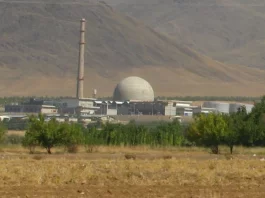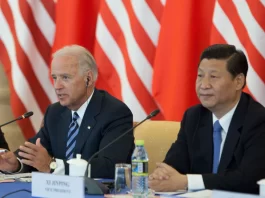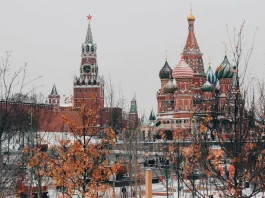To remain relevant in the Middle East, Washington has informed senior Israeli officials about the possibility of an agreement with Iran. According to Israeli news portal Walla, the deal would involve a partial freeze of Terran’s nuclear programme in exchange for some sanctions relief.
According to the portal, Iran has received the proposed agreement’s details but has thus far rejected them.
The report indicates that the United States is actively addressing concerns over Iran’s nuclear programme advancements in recent years. This suggests the White House adopting a novel approach to Iran’s nuclear programme crisis.
The decision is emerging at a time when major Arab nations are losing confidence in the US as a regional security guarantor, including Saudi Arabia, the United Arab Emirates, and Egypt. Washington’s influence in the Persian Gulf and the larger Middle East is also waning. China’s policy in this region of the globe is accommodating and prudent. It has accomplished the difficult task of maintaining good relations with adversarial groups, including the Palestinians, Israelis, Iranians, and rival Gulf states. In the past, the United States has made demands that no Iranian government could or would embrace. This allowed Russia and China to cultivate relations with the resource-rich country, counteracting US actions.
On Monday, a US news portal Axios reported that the Biden administration was investigating a potential interim agreement with Iran that would allow for sanctions relief in exchange for Iran freezing portions of its nuclear programme.
According to the report, the proposal discussions, which began in January, entail Iran stopping its uranium enrichment at 60%, well below the 90% enrichment level required for weapons-grade nuclear uranium. Iran has accumulated over 87 kilogrammes of 60% enriched uranium, which, if further enriched, would be sufficient to produce at least one nuclear weapon.
According to the report, the proposed agreement is comparable to one established by the Obama administration when Iran signed the 2013 Joint Comprehensive Plan of Action (JCPOA), which included a short-term freeze on a portion of Iran’s nuclear programme in exchange for partial sanctions relief.
Iranian officials rejected the new approach, citing the nuclear agreement reached in the fall of 2015, which nearly returned to September of last year before Iran withdrew after Western nations rejected the country’s demand to halt investigations into undeclared nuclear sites, according to the report.






